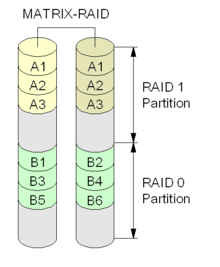Ancalagon44
Diamond Member
- Feb 17, 2010
- 3,274
- 202
- 106
1. Capacity
2. More than enough IOPS for a single user in most scenarios (assuming enough RAM is present)
3. SSDs are more difficult for data recovery than hard drives.
1. We are talking about consumer, not enterprise use cases here.
2. We are talking about consumer, not enterprise use cases here.
3. We are talking about consumer, not enterprise use cases here.
Again, important note, consumers. I am... a somewhat tech enthusiast consumer. So I currently have one 250GB SSD, one 500GB SSD, and 2 x 2 TB hard drives. I am a consumer and even for a consumer, what I have is somewhat excessive.
No consumer, right now, NEEDS a 2TB SSD. They might like it, but they don't need it. No consumer NEEDS more performance than a Samsung 960 Pro can provide. Again, they might want it, but they don't need it. And lastly, no consumer data is so critical that RAID 1, 5 or 10 is worth considering from a data recovery point of view. Using Google Drive to backup your documents is far easier and cheapier. Remember, again, one thing you seem to be forgetting, is that we are talking about consumer scenarios here. Consumers want to back up documents and photographs.
An enterprise customer might have to start looking availability, reliability, cost and performance. A consumer does not.
I say again, consumers do not need RAID for any scenarios at all.



